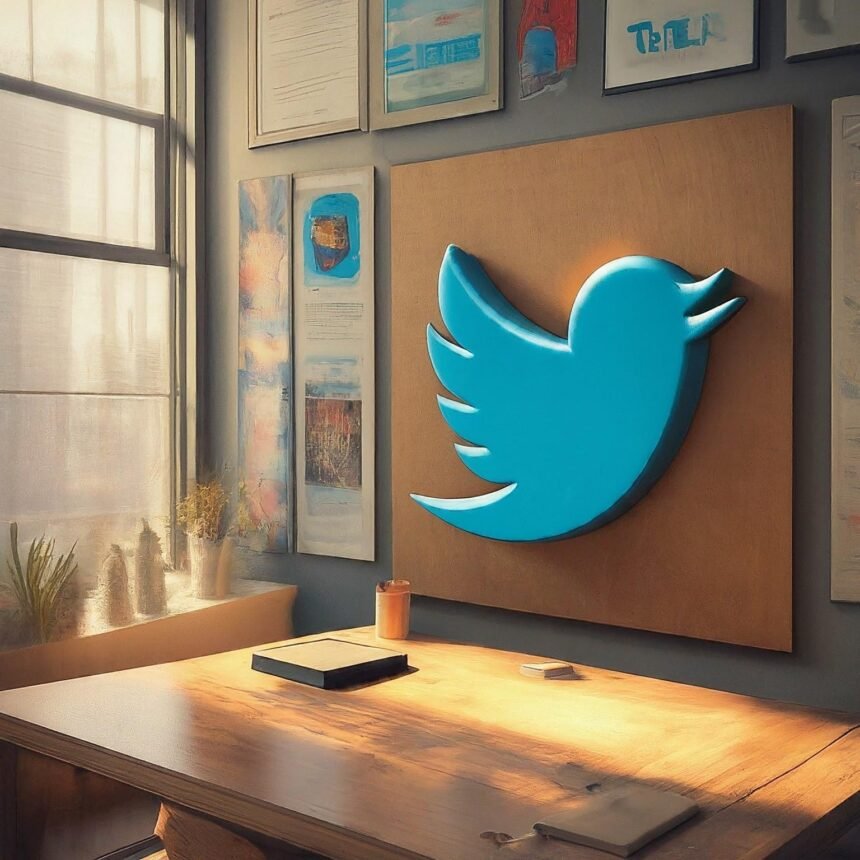Elon Musk, the tech titan behind Tesla, SpaceX, and now, Twitter, is once again making headlines, this time for a legal battle against advertisers. The billionaire entrepreneur has filed a lawsuit alleging that major advertising companies are engaging in a boycott of his platform. This move comes amidst growing concerns about brand safety and content moderation on Twitter, raising questions about the future of digital advertising and the power dynamics between tech giants and major corporations.
The Advertisers’ Dilemma
The advertising industry is a delicate ecosystem. Brands invest heavily in ad campaigns to reach their target audiences, and platforms like Twitter offer a vast pool of potential customers. However, the content shared on social media can be unpredictable, and brands are increasingly wary of associating with controversial or harmful material. This has led to a growing trend of ad boycotts targeting platforms that fail to adequately address brand safety concerns.
Twitter, under Musk’s leadership, has faced intense scrutiny over its content moderation policies. The platform has seen a surge in hate speech, misinformation, and other forms of toxic content, prompting many advertisers to pause or reduce their spending. Musk has defended his approach, arguing that free speech is paramount and that Twitter should be a platform for all voices.
The Lawsuit: A Bold Move
Musk’s lawsuit against advertisers is a dramatic escalation of the ongoing conflict between the tech billionaire and the advertising industry. The complaint alleges that the companies have conspired to harm Twitter’s business by coordinating an ad boycott. If proven, this could have significant implications for the future of digital advertising and antitrust law.
The lawsuit also raises questions about the extent to which platforms can control the content shared by their users. Musk has argued that Twitter should not be held responsible for the actions of individual users, while advertisers contend that platforms have a duty to protect brands from association with harmful content.
The Impact on Twitter and the Advertising Industry
The outcome of the lawsuit could have far-reaching consequences for both Twitter and the advertising industry. If Musk wins, it could deter future ad boycotts and strengthen his position as a free speech absolutist. However, if the advertisers prevail, it could force Twitter to implement stricter content moderation policies and potentially damage the platform’s reputation.
For the advertising industry, the case highlights the challenges of operating in the digital age. As social media platforms continue to evolve, advertisers must find ways to balance brand safety with the desire to reach a wide audience. This could lead to increased spending on ad verification and monitoring tools, as well as a shift towards more targeted advertising campaigns.

The Broader Implications
Beyond the immediate impact on Twitter and the advertising industry, the lawsuit raises broader questions about the role of technology in society. The case could set a precedent for how platforms are held accountable for the content shared on their platforms, and it could influence the development of regulations governing online speech.
As the case unfolds, it will be closely watched by tech companies, advertisers, and policymakers alike. The outcome could have a profound impact on the future of the internet and the way we consume information.
Potential Outcomes and Future Implications
The legal battle between Musk and the advertisers is likely to be a lengthy and complex process. There are several potential outcomes, each with its own set of implications.
- Musk Wins: A victory for Musk could embolden other tech companies to resist calls for stricter content moderation. It could also lead to a decline in trust in social media platforms, as users become increasingly concerned about the spread of misinformation and hate speech.
- Advertisers Win: A win for the advertisers could force Twitter to implement more stringent content moderation policies, which could lead to a decline in user engagement and a loss of free speech advocates. However, it could also improve brand safety and restore advertiser confidence.
- Settlement: A negotiated settlement could be reached, with both sides making concessions. This could involve Twitter agreeing to implement certain content moderation measures in exchange for a reduction in the ad boycott.
Regardless of the outcome, the case is likely to have a lasting impact on the relationship between tech companies and advertisers. It could also lead to increased scrutiny of social media platforms by regulators and policymakers.
Conclusion
The lawsuit between Elon Musk and the advertising industry is a high-stakes battle with far-reaching implications. As the case unfolds, it will be essential to monitor the developments closely and consider the potential impact on the future of digital media.







